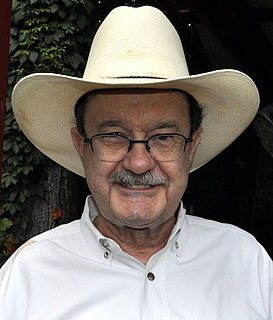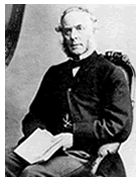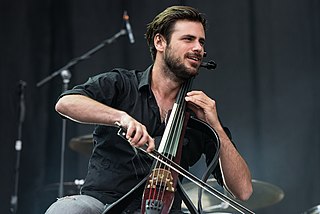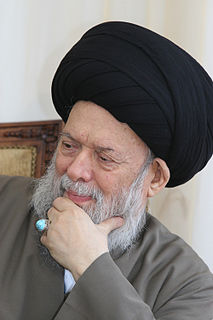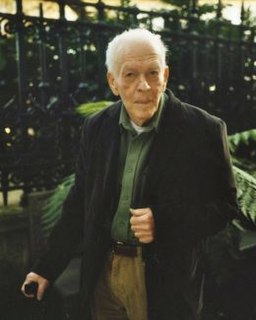A Quote by C. S. Lewis
A creature revolting against a creator is revolting against the source of his own powers-including even his power to revolt...It is like the scent of a flower trying to destroy the flower.
Related Quotes
The media isn't only asleep; it doesn't want to know the news, that the people are revolting, in the very best sense of the term, revolting against the thieves in high places and reaching out to each other, which is our great strength. When you can draw that many people, you've got something going. You don't have to worry if the guys in suits are going to put it on the front page or not.
It is true that some have greater power of resistance than others, but everyone has the power to close his heart against doubt, against darkness, against unbelief, against anger, against hatred, against jealousy, against malice, against envy. God has given this power unto all of us, and we can gain still greater power by calling upon Him for that which we lack. If it were not so, how could we be condemned for giving way to wrong influences?
Throughout my life, I have always supported the human being in his humanism and I have supported the oppressed. I think it is the person's right to live his freedom and it is her and his right to face the injustice imposed on each by revolting against it, using his practical, realistic and available means to end the oppressor's injustice toward him, whether it is an individual, a community, a nation, or a state; whether male or female.
...there began to come to her a first dim realization of God's humility. Rejected by the proud in His own right by what humble means He chose to succor them; through the spirit of a child, a poor gypsy or an old man, by a song perhaps, or even it might be by the fall of a leaf or the scent of a flower. For His infinite and humble patience nothing was too small to advance His purpose of salvation and eternity was not too long for its accomplishment.
In perpetrating a revolution, there are two requirements: someone or something to revolt against and someone to actually show up and do the revolting. Dress is usually casual and both parties may be flexible about time and place, but if either faction fails to attend, the whole enterprise is likely to come off badly.
Nonviolent action involves opposing the opponent's power, including his police and military capacity, not with the weapons chosen by him but by quite different means. Repression by the opponent is used against his own power position in a kind of political "ju-jitsu" and the very sources of his power thus reduced or removed, with the result that his political and military position is seriously weakened or destroyed.
Louis XIV was very frank and sincere when he said: I am the State. The modern statist is modest. He says: I am the servant of the State; but, he implies, the State is God. You could revolt against a Bourbon king, and the French did it. This was, of course, a struggle of man against man. But you cannot revolt against the god State and against his humble handy man, the bureaucrat.


